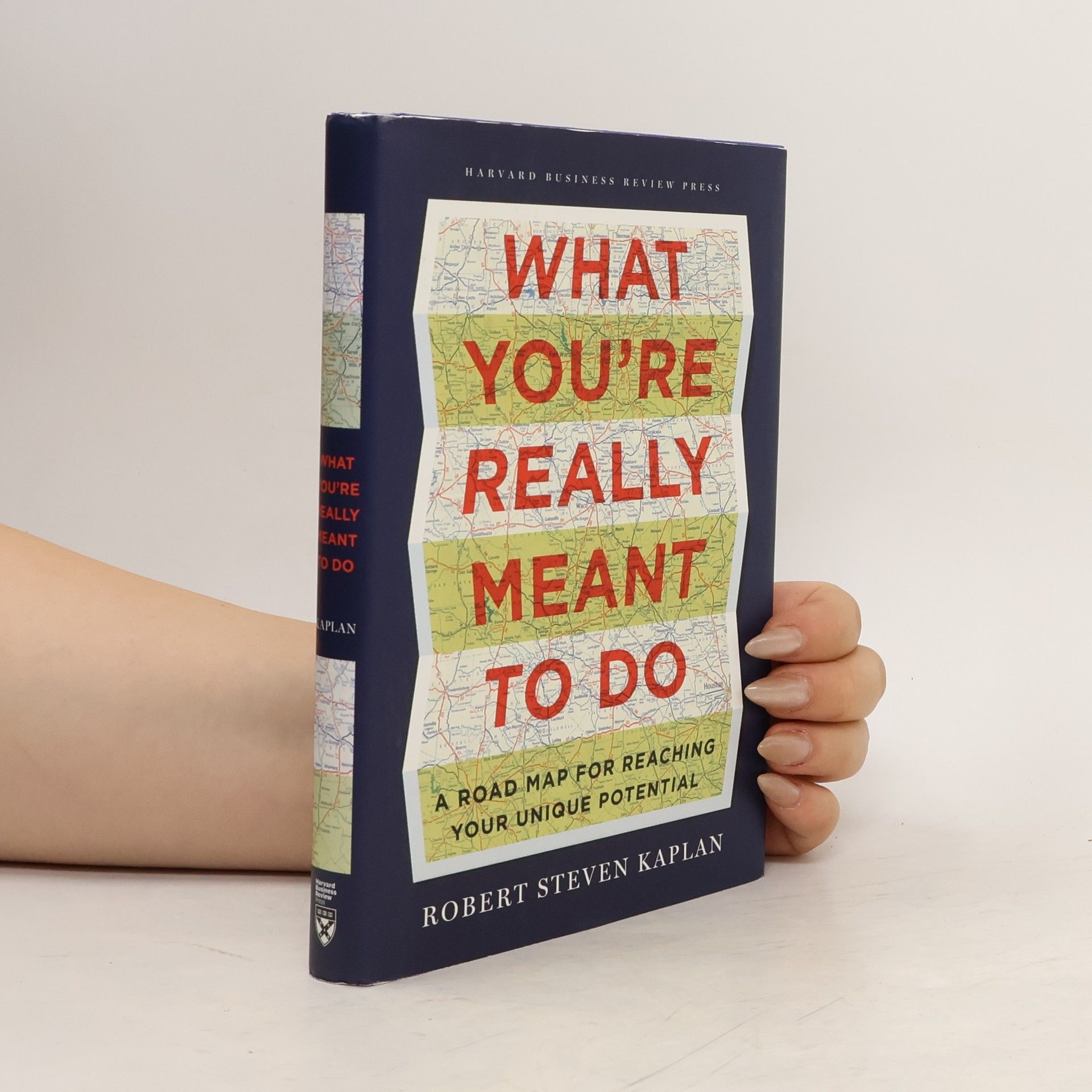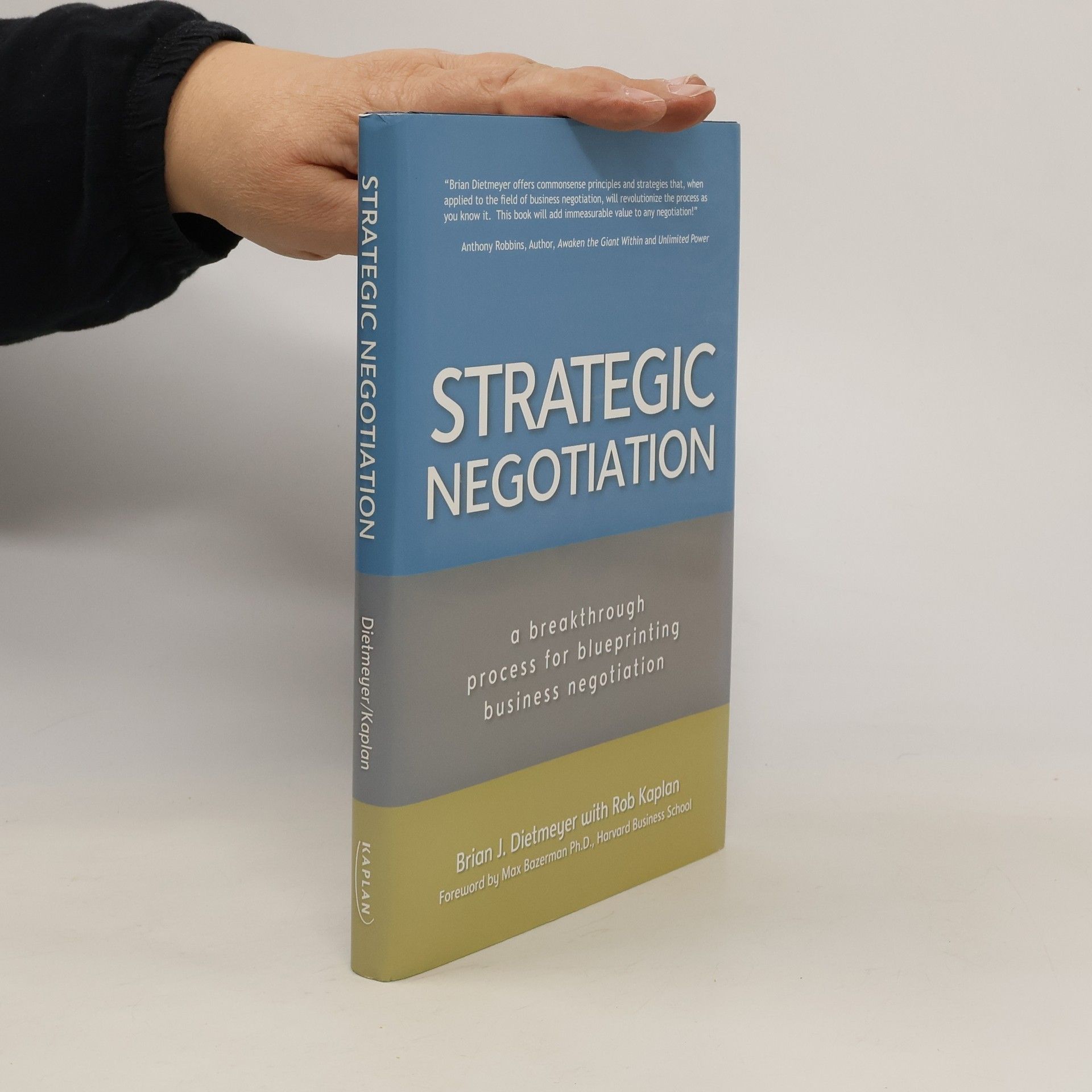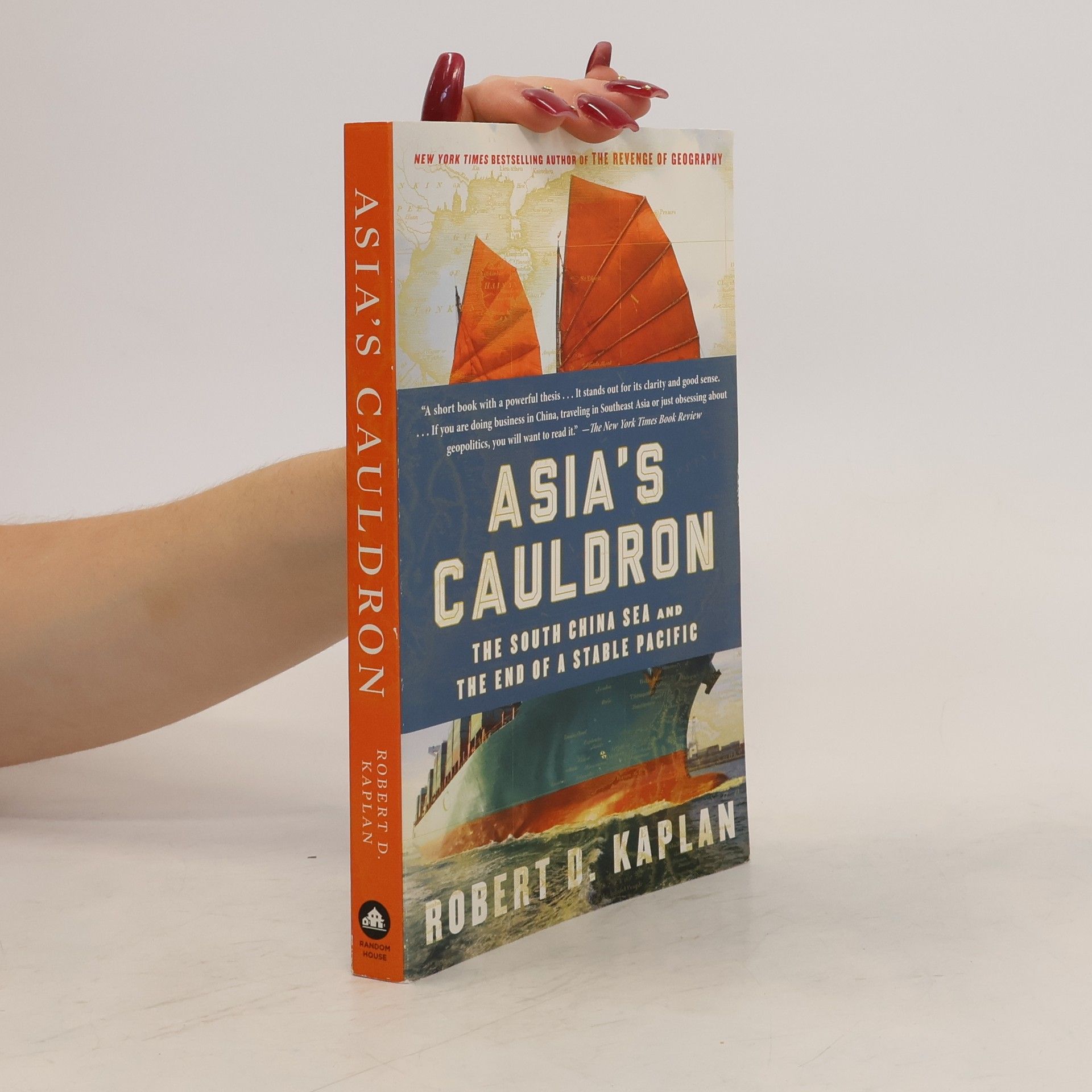Zero. Storia di una cifra
- 325pagine
- 12 ore di lettura
Robert ed Ellen Kaplan portano una vasta esperienza nell'insegnamento della matematica, avendo istruito studenti di tutte le età presso istituzioni prestigiose, inclusa l'Università di Harvard. Il loro lavoro collaborativo mira a demistificare e illuminare concetti matematici complessi per un pubblico generale. Attraverso la loro scrittura, esplorano idee profonde come l'infinito e la natura dei numeri, rendendoli accessibili e coinvolgenti. Il loro approccio rivela la bellezza intrinseca e l'interconnessione della matematica nel nostro mondo.






Set against the backdrop of 1980s New York City, the book intricately weaves narrative and reflection through the lens of the AIDS epidemic, exploring themes of urban life, national politics, and personal loss. The title poem, "Past/Present," delves into time, failed romance, and self-discovery, while the second half crafts a sensory landscape that serves as a meditative space for examining memory, identity, and relationships in a tumultuous world. Detailed imagery enhances the emotional depth and complexity of the experience.
NAMED ONE OF THE BEST BOOKS OF THE YEAR BY FINANCIAL TIMES, this work by Robert D. Kaplan offers a penetrating look at the shifting center of world power from Europe to Asia, particularly focusing on the South China Sea. With vast oil and natural gas reserves and competing territorial claims, this region is poised for potential conflict. The underreported military buildup at the intersection of the Western Pacific and Indian Ocean suggests it will be crucial for future global stability. Kaplan provides a vivid snapshot of the nations surrounding the South China Sea and the brewing conflicts of the twenty-first century, interpreting America's interests in the context of an assertive China. He explores how the region's geography fosters naval growth while also limiting aggression, drawing parallels between China's ambitions and America's past imperial endeavors. Blending travelogue with geopolitical analysis, Kaplan takes readers through Asia's diverse landscapes, from Vietnam's capitalism to Malaysia's unique society, and Singapore's economic miracle, contrasting these with the Philippines' struggles under authoritarian rule. As conflicts in the South China Sea increasingly dominate news cycles, this book serves as an essential guide to understanding a region that will significantly influence global affairs.
Kaplan describes a specific and actionable roadmap for helping readers define their own success and reach their unique potential. This effort requires several key steps in an integrated process, as well as a high level of motivation and hard work.
The 'invention' of zero made arithmetic infinitely easier - try doing division in Roman numerals - and it now forms part of the binary code which powers all our computers. Robert Kaplan traces 'the nothing that is' back to its origins as two wedges pressed into a wet lump of Sumerian clay. He explores the contributions of Greeks, Mayans, Hindus and humanists, and shows how zero opened the door to the strange complexities of irrational, infinitesimal and imaginary numbers. 'If you look at zero,' he writes, 'you see nothing; but look through it and you will see the world.'
The insights, discoveries and theories of great geographers and geopolitical thinkers of the past look back at critical pivotal events in history and then look forward at the evolving global scene
A squared plus b squared equals c squared. It sounds simple, doesn't it? Yet this familiar expression is a gateway into the riotous garden of mathematics, and sends us on a journey of exploration in the company of two inspired guides, who trace the life of the Pythagorean theorem from ancient Babylon to the present, visiting along the way Leonardo da Vinci, Albert Einstein, President James Garfield, and the Freemasons--not to mention the elusive Pythagoras himself. Why does this theorem have more than two hundred proofs--or is it four thousand? And it has even more applications than proofs: Ancient Egyptians used it for surveying, and today astronomers call on it to measure the distance between stars. It works not just in two dimensions, but any number you like, up to infinity. And perhaps most intriguing of all, it opened the door to the world of irrational numbers.--From publisher description
According to the author you can improve your vision through unique exercises, proper diet and even by modifying your thought patterns. B/W illus.
Sie ist eines der faszinierenden Phänomene in der Mathematik: die Welt des Unendlichen. Wer nur einmal versucht hat, die Primzahlen wie einen Gesang, ein Fußballspiel oder Hamlets Wahnsinn zu begreifen, dem öffnen sich Tore in eine neue Dimension des Lebens. Wir können das Unendliche nur fassen, wenn wir unser Denken auf den Kopf stellen. Die Kaplans sind wahre Mathematikverführer. Sie fangen ganz einfach an bei Addition und Multiplikation und plötzlich ist man ganz schnell mittendrin im Abenteuer Mathematik, das so fesselnd ist wie ein Fantasy-Roman!